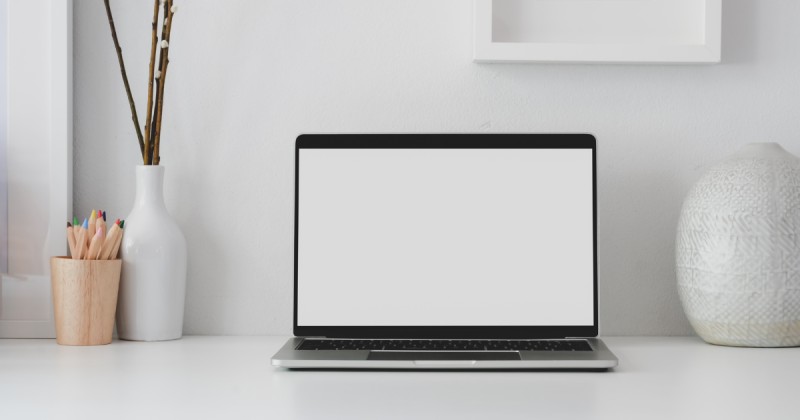Is using my own laptop in-house for ad agencies a basis to charge extra?

Freelancer’s Question: When I work in-house for advertising agencies as a designer, should I charge extra on top of my daily rate if I use my own laptop and my Adobe CC applications? The one self-employed guy on the project other than me told me that there might be tax implications if I don’t, but I’m not sure quite why or how that would be the case!! Any suggestions or understanding welcome.
Expert’s Answer: Thanks for this interesting question. The short answer to your query is ‘No.’ In other words, we know of no tax reasons why your day rate should increase when you use your own equipment. But your question does raise a couple of issues which are worth exploring.
Striking the correct balance on freelancer pay
Firstly, and forgive me for stating the obvious but getting your day rate right is essential for the health and sustainability of your self-employed business. The rate needs to be low enough to attract clients, but high enough to cover your outgoings and ensure you make a decent profit. It’s a balancing act and most of time, if someone is getting it wrong one way or the other, we find they are being too modest and not charging enough! And unfortunately, that goes for both hourly and fixed rates.
For a lot of freelancers, this part of the relationship with a client is the hardest. Negotiating rates can be nerve-racking. It’s easier said than done, but our advice would be, as much as possible, to hold your nerve.
Do your research (try to find out what other freelancers are charging); demonstrate your value; and stick to your guns.
If you truly believe it’s the correct rate, there’s a good chance the client will agree.
Talk 'ROI,' not your costs
Typically, your overheads -- notably the laptop and software you mention in the question -- will not help a client to be persuaded to increase the day rate. While you must be mindful of covering your costs, your client doesn’t need to be. Avoid using your costs as a justification for the rate you charge. So focus instead on your value, and the return on investment ('ROI') the client will see from the services you provide.
Secondly, equipment - including laptops and software - that is ‘wholly and exclusively’ used for your business is an allowable expense, in the eyes of HMRC.
The cost of these items can be deducted from trading income when calculating your tax liability. It’s important to keep a record of your expenses, to ensure you don’t end up paying more tax than you need to.
Tax implications if you stopped using your own laptop? Possibly...
And finally, there are complicated rules (notably IR35) around employment status which can affect how much tax you pay. In very broad terms, if you are acting like an employee, HMRC might expect employment taxes to be paid -- even if you operate as a sole trader.
But if you are ‘in-business,’ your income is treated as trading income and different taxes apply. One delineator between employment and self-employment is the use of one’s own equipment. An employee would not be expected to provide their own laptop and software, but a freelancer often would.
In this sense, there might be tax implications when using or not using your own equipment, but it really has nothing to do with how much you charge your client. Also, use of own equipment is just one consideration when establishing employment status. Other factors carry more weight, such as the amount of control you have over the work you do. Good luck with the project!
The expert was Andy Chamberlain, policy director at IPSE, The Association of Independent Professionals and the Self-Employed.



Comment
Log in or create your account to react to the article.